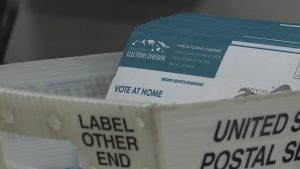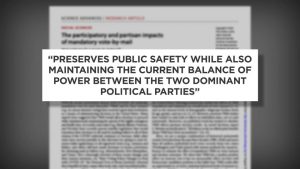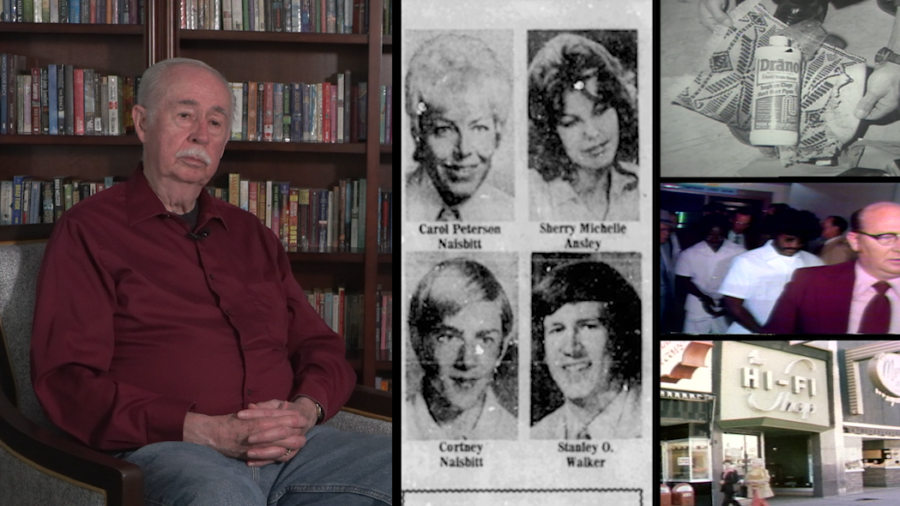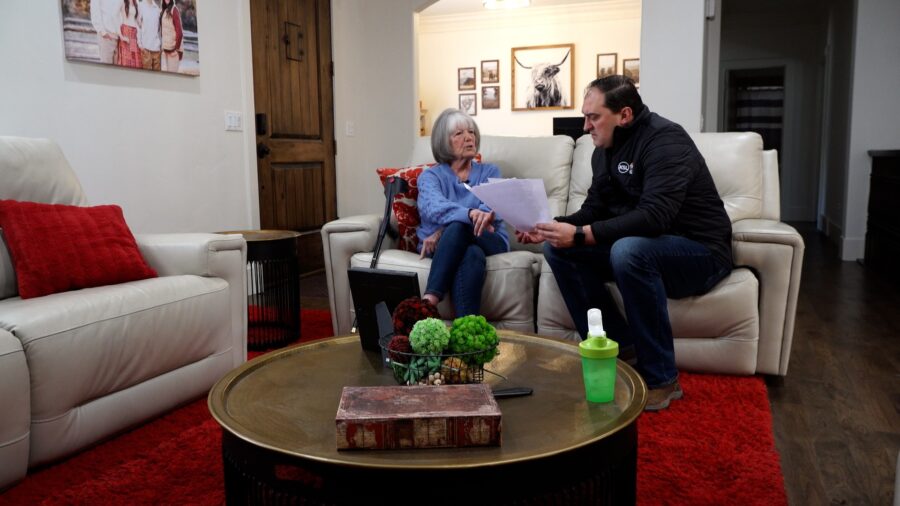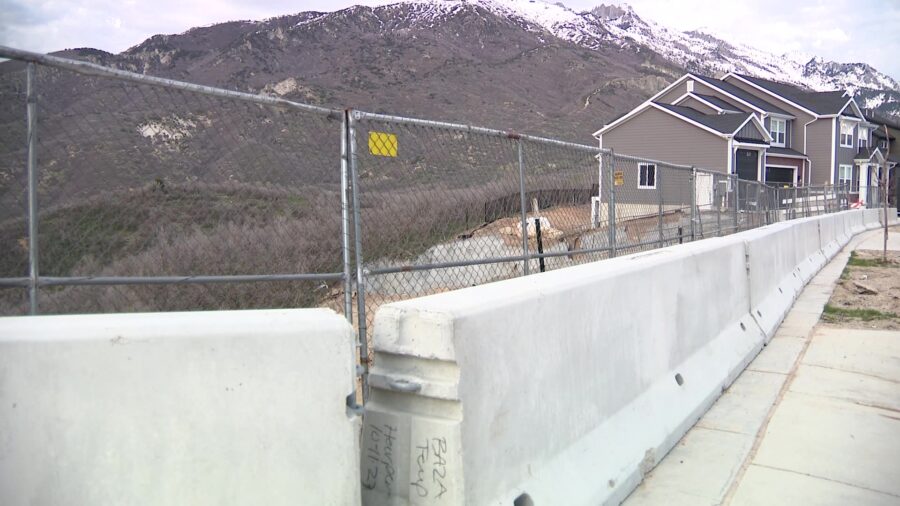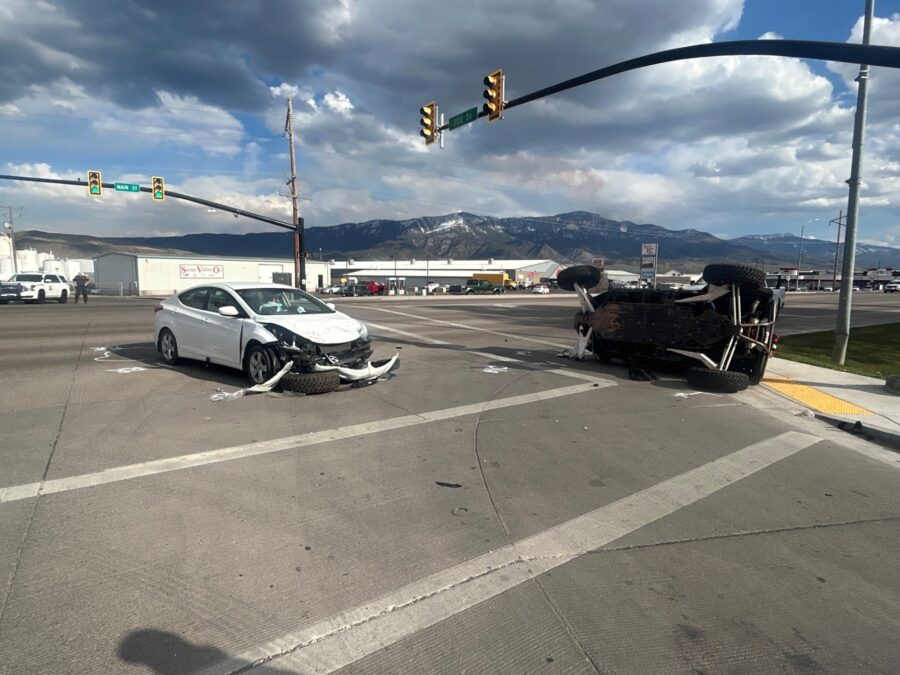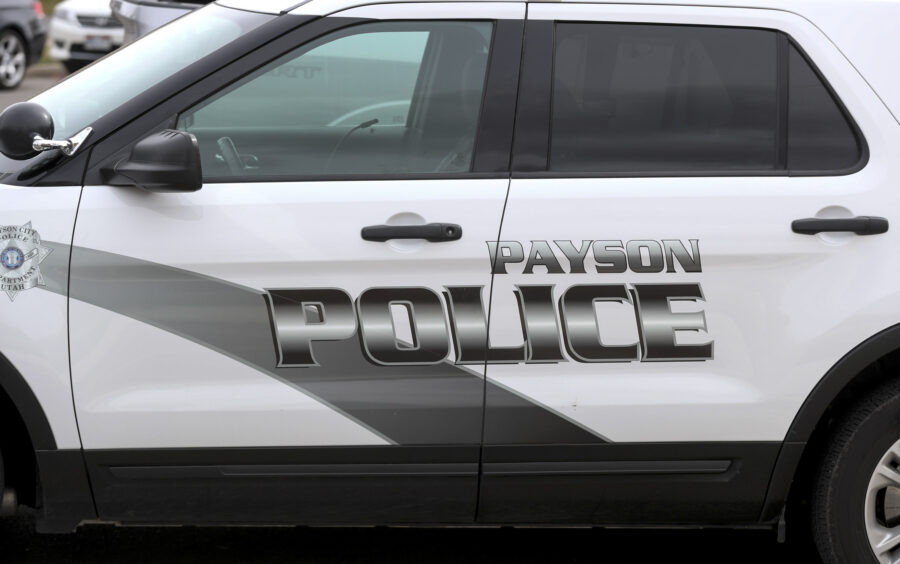BYU Study: Mail-In Voting Doesn’t Help Democrats Or Republicans
Aug 27, 2020, 6:33 PM | Updated: Aug 28, 2020, 9:53 am
PROVO, Utah – Sending ballots through the mail doesn’t benefit one political party over the other, according to a new study from Brigham Young University that looked at decades of election data.
“Both parties can know that implementing this policy is not going to yield a significant advantage or disadvantage to one party or the other,” said Michael Barber, an associate professor of political science at BYU.
Barber co-authored the study with John Holbein from the University of Virginia’s Batten School of Leadership and Public Policy. It was published this week in the journal Science Advances.
BYU Study: Mail-in voting doesn’t help #Democrats or #Republicans
“Even though turnout goes up, it’s benefiting both parties about equally," said political science associate professor Michael Barber.
FULL STORY next on @KSL5TV News at 6:30. @kslnewsradio @KSLcom #VoteByMail pic.twitter.com/BwAvLWznfu
— Ladd Egan (@laddegan) August 28, 2020
“I hope that our research can really bring some rigorous scientific evidence to a timely policy debate,” Barber said.
In addition to analyzing election data from counties in several states that have implemented vote-by-mail, the study also examined more than 40 million individual voting records from Utah and Washington.
“What we found was that when a county implements vote by mail, turnout in that county goes up, but not by very much, by about 2 or 3 percentage points,” Barber explained. “Even though turnout goes up, it’s benefiting both parties about equally.”
The research focuses on mandatory, or universal, vote-by-mail. It’s the system that Utah uses in which registered voters are automatically sent a ballot.
“We provide the most precise and robust evidence to date that shows that, after accounting for factors that are unrelated to [vote-by-mail] itself, this reform modestly increases turnout, but has no effect on who wins elections,” the authors write.
The authors go on to conclude that mail-in voting “preserves public safety while also maintaining the current balance of power between the two dominant political parties.”
When it comes to voter turnout, Barber said voters are drawn to the convenience factor.
“You have days or sometimes weeks to complete the ballot,” he said. “You can sit down and really do research on each of the candidates and issues that you’re voting on.”
While the national debate over vote by mail continues during the pandemic, Barber reminds that it takes time for voters and election officials to shift to a mail-in system of voting.
“Our study does not imply that a state can immediately flip a switch and run a vote-by-mail election,” he said. “The state of Utah took a number of years, in fact it was almost a decade, to fully implement vote by mail.”

